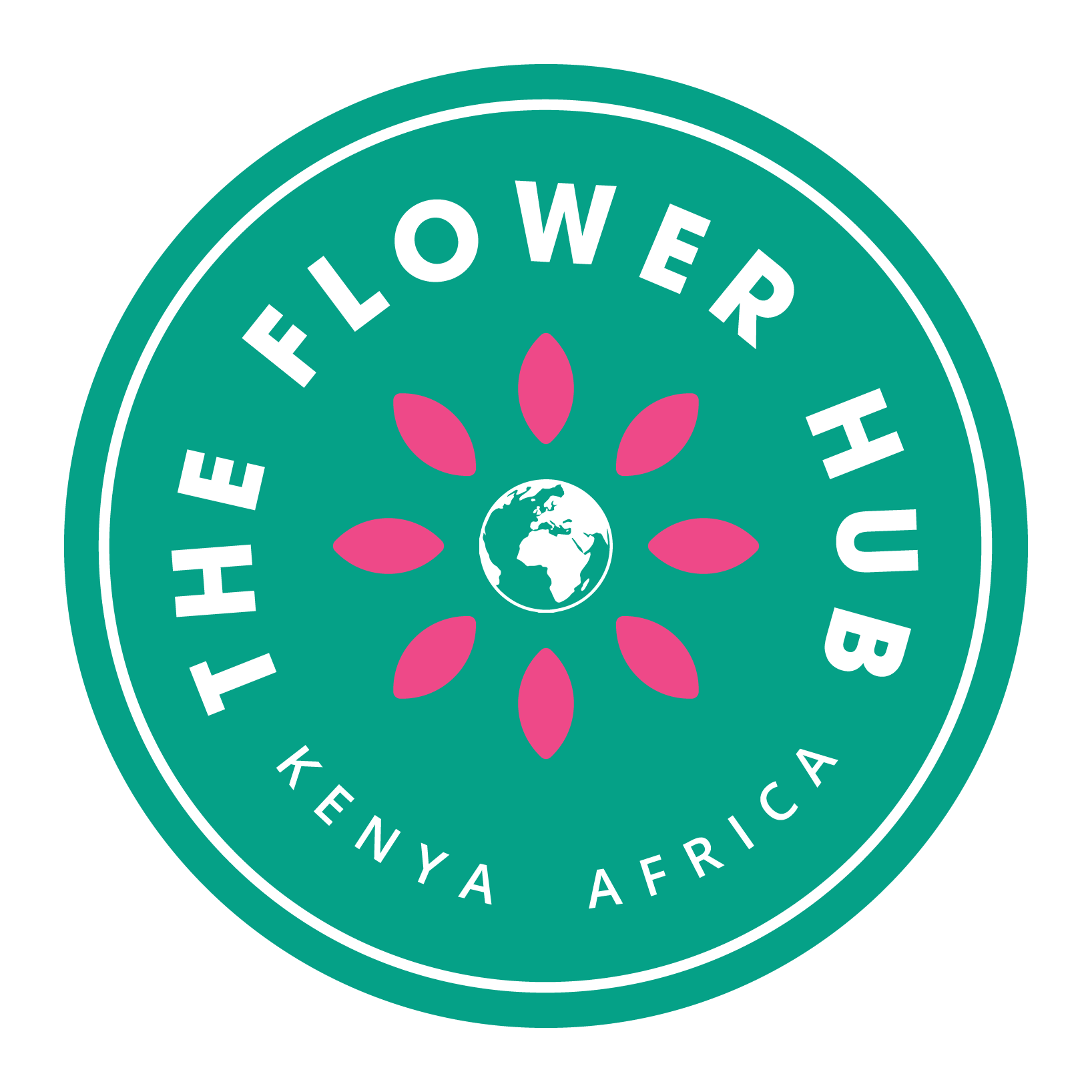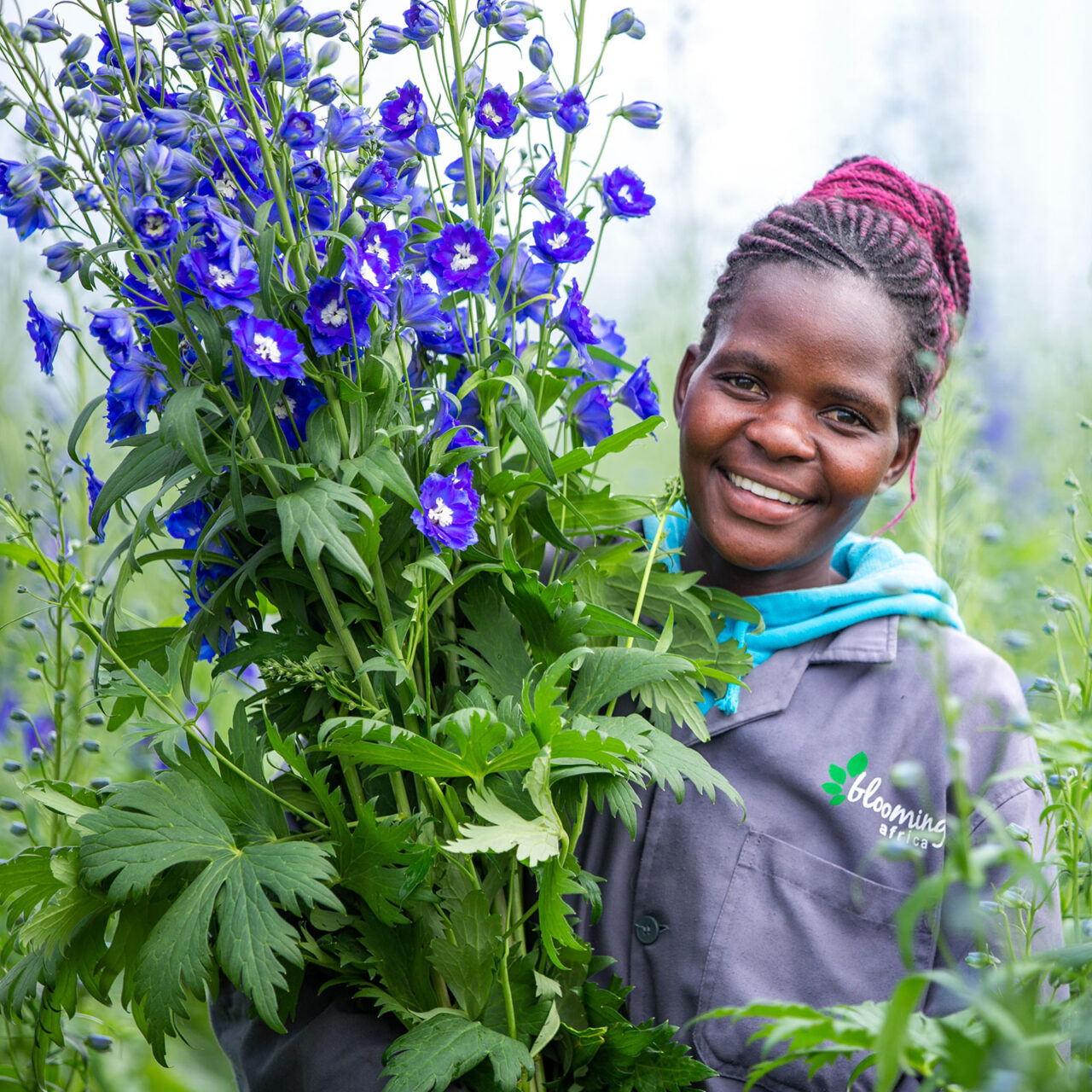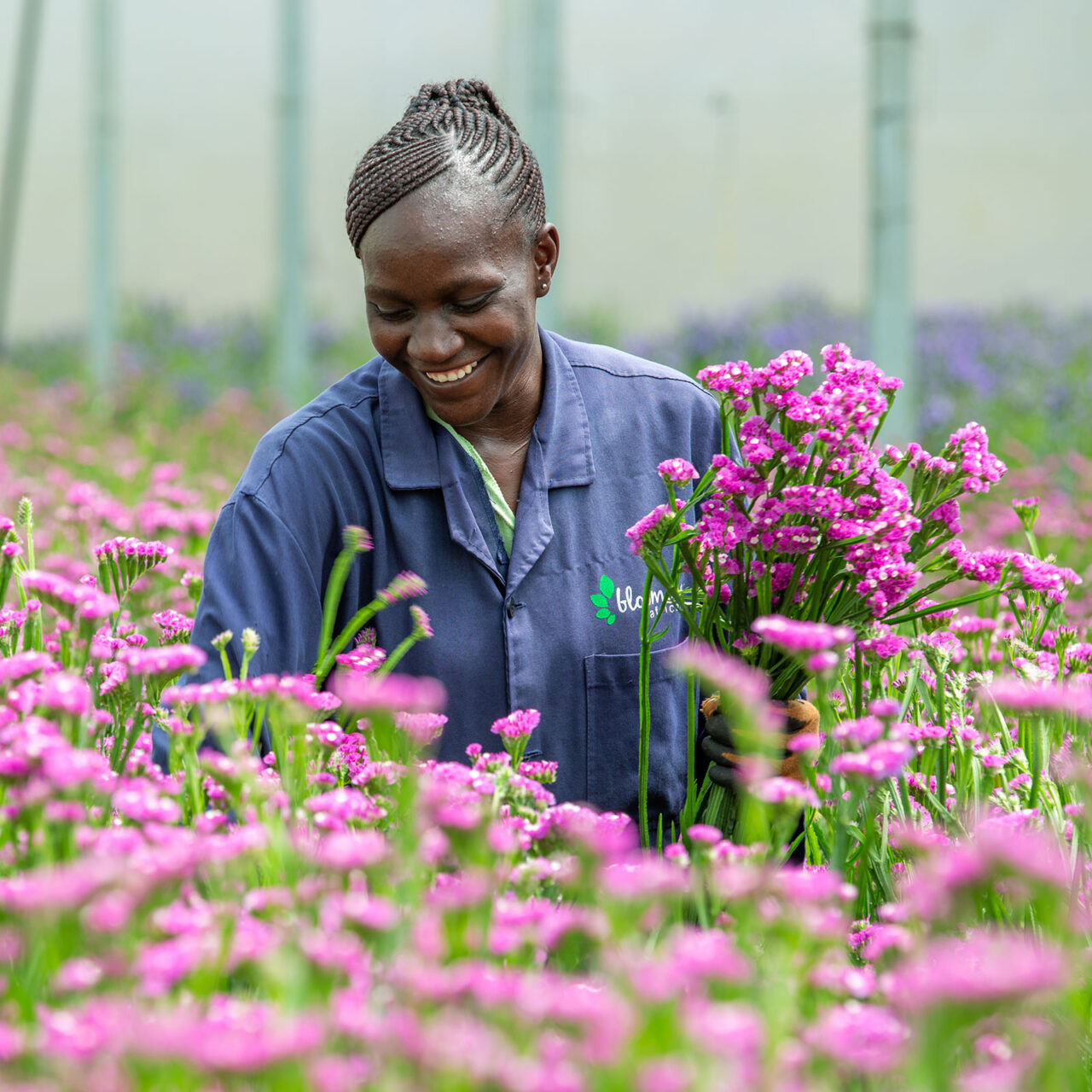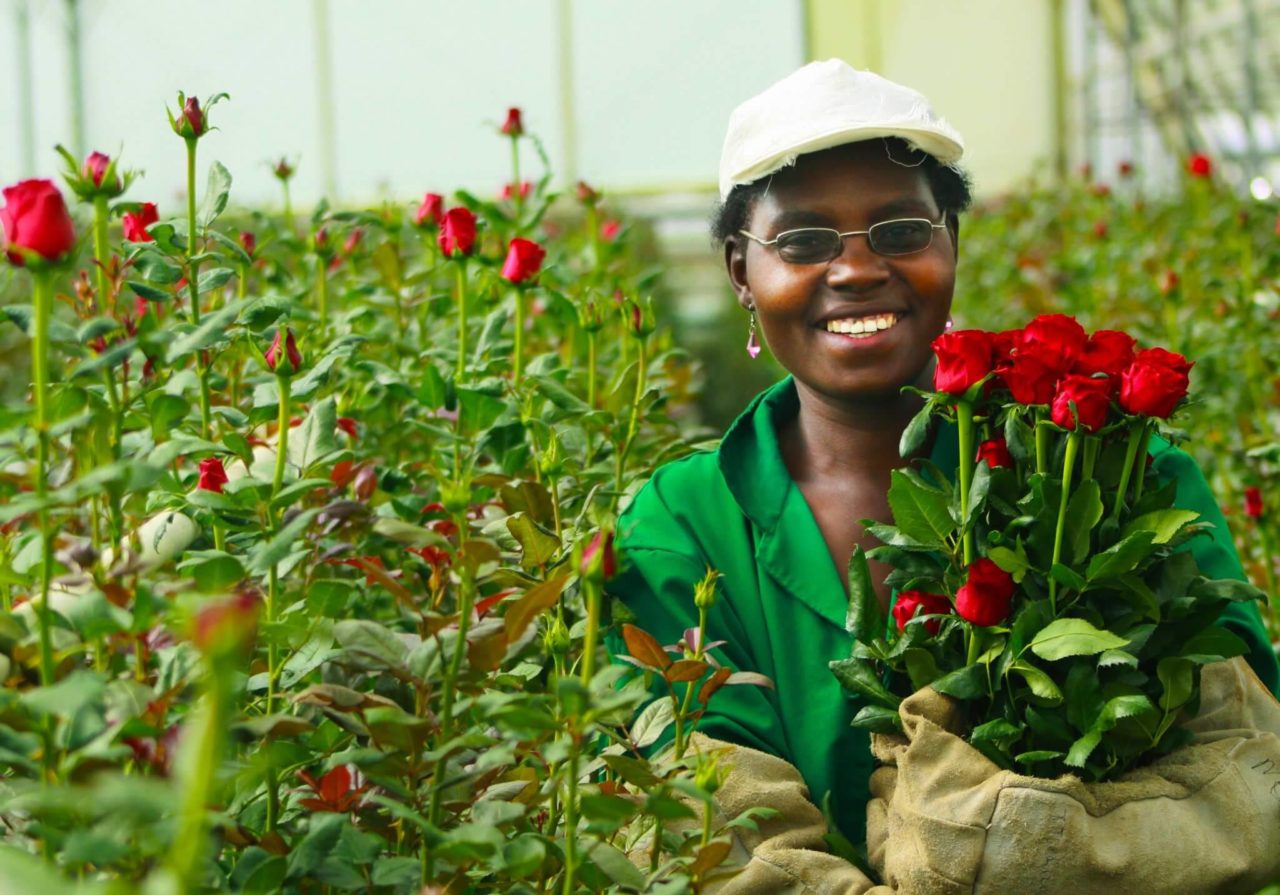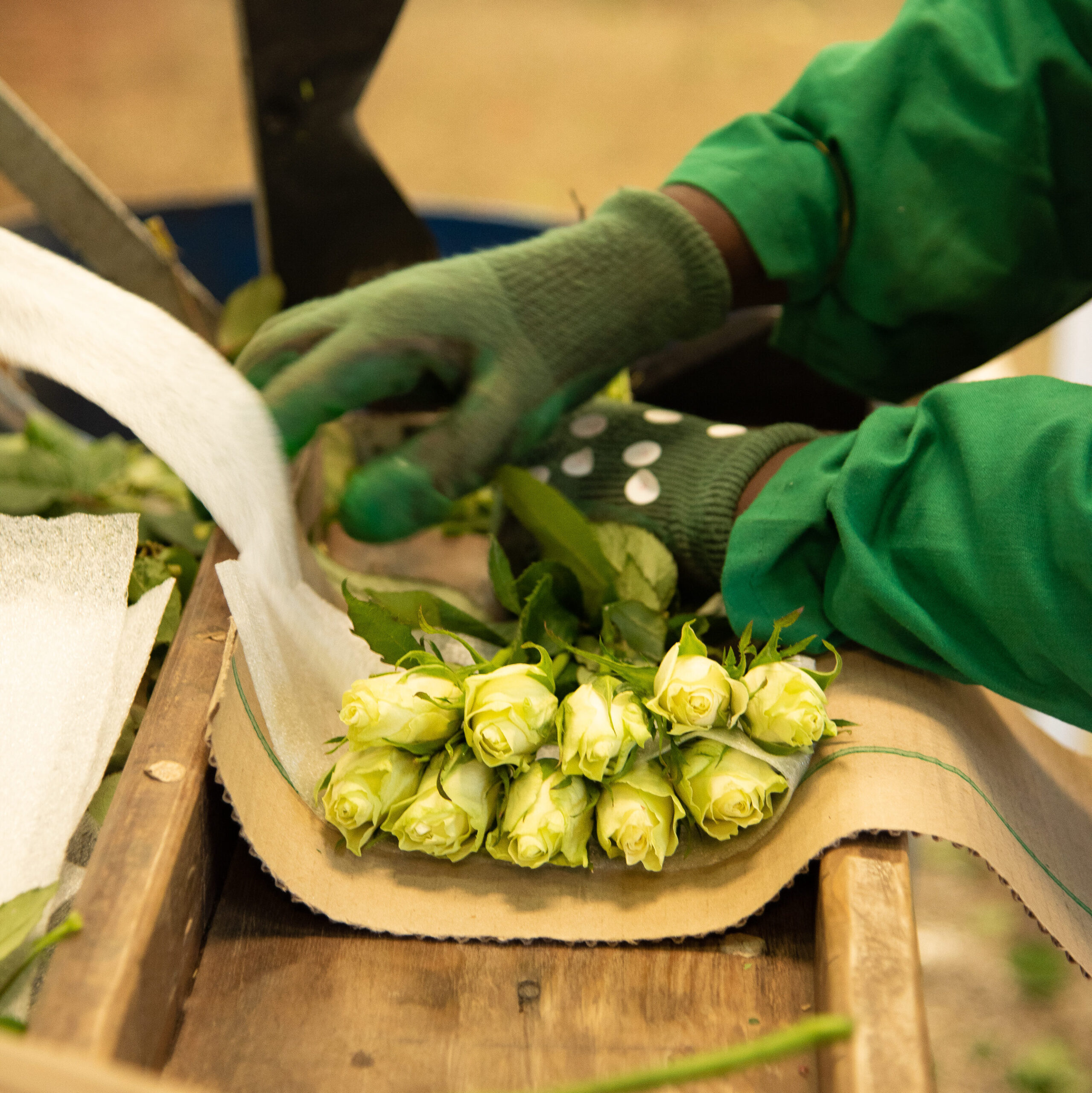Developing new varieties is a labour-intensive process and requires years of experience from a variety of experts in different areas. Classic Japan is a well established market for our flowers, and we have been working closely with our customers to bring new and exciting varieties to their customers through the years so that they can showcase the best of what Kenya has to offer. We are currently reviewing two new crops with them – one is a new variety to Kenya and the other is a very well known variety, but with a different method of growing.
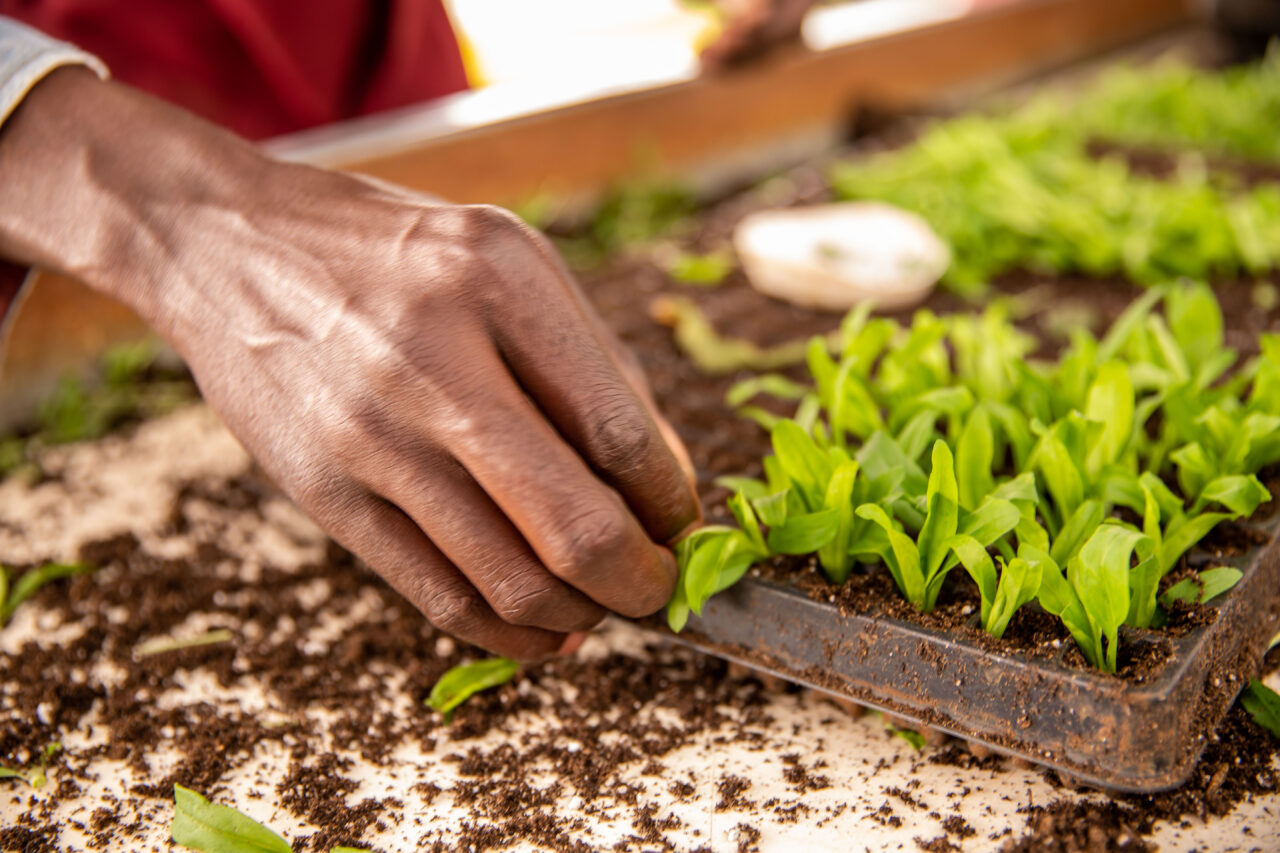
Let’s have a look at the process of varietal development in more detail, and how we can also help you to bring new products to market.
We start the process by looking at where there are gaps in the market, and where the consumer demand is. Once we have an idea of the type of item we are looking for, a good place to start is at shows such as IFTEX in June, in Nairobi, or IFTF in Holland in November. Here the breeders are also bringing new ideas to the offering. If they meet our targets we will arrange to visit the breeders in the trial house. Here, we select varieties that we would like to try and request samples that we can run vase life tests on in Kenya.
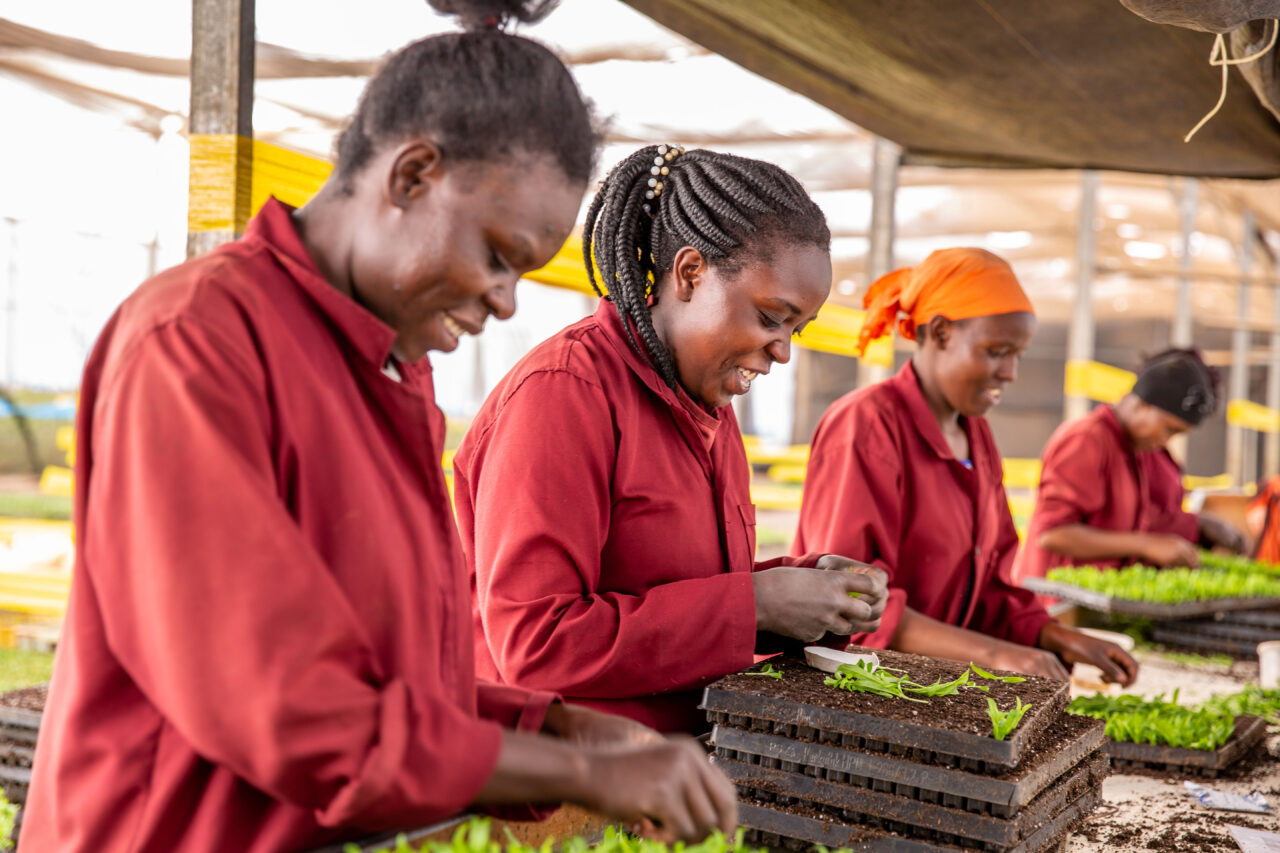
It is not enough to run these tests in Kenya alone, as all the flowers have to be able to travel to other countries successfully – in this case Japan, so we will order further samples (often multiple times) to test the transit process and vase life capabilities here and in Japan. The transit of flowers is a delicate process and some perform better than others. Innovation is not seen purely in shape or colour, but in so many other factors such as: bud size, growing practices, disease susceptibility, petal count, opening habits, leaf performance and importantly how they travel through the cold chain. More recently we have seen breeders specifically looking for varieties suitable for Sea Freight.
Once we know which varieties have met all the required needs, we will select a few varieties to plant on a trial basis at a chosen farm in Kenya. Typical trials will be a planting of 1-2 bays of the crop to see how it performs. We tend to these plants carefully, monitoring growth habits, pest and disease susceptibility and number of flowers/shoots etc produced per plant. We also look at average bud size, stem lengths and the time taken for the plant to mature. From these findings we are able to calculate our estimated production costs, from which a selling price can be established.
The harvesting of the trials provides more flowers to send to the customer for approval – along the way, confirming pack rates, prices and again, vase life and transit performance. Classic Japan will then select the best variety, or varieties, based on their customers’ requirements, alongside the farms’ recommendations on the growing viability.
With Classic Japan’s approval and the settlement of a supply agreement (where required), the next step is to expand the planting into a semi-commercial trial or even straight into a commercial planting.
We find this process will often need to be tailored to the customer and the crop, and it can take a long time – but seeing that final product wrapped, packed and off into the world is the accumulation of a lot of work and hugely exciting.
If you would like to know more about developing flower varieties then please contact us today.
The benefit of using The Flower Hub is that it can act as a central point for all of these stages, utilising its wide network of contacts to ensure the best processes at every stage of the development of new varieties. We have the resources that individuals cannot access, and so by grouping resources together we are able to give business to these individuals through a larger, more secure foundation.
We are there to confirm prices and packing rates and also settle our supply agreement and contract growing agreements. We work with the farm to agree royalties with the breeder and if it’s a brand new variety then we can discuss exclusivity and even the possibility of a name (if it is just a number).
